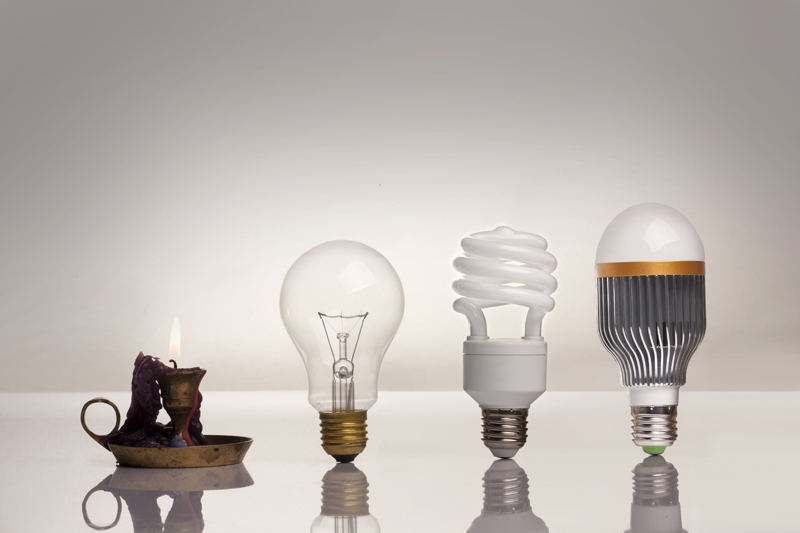Stop Shopping Badly

Don't forget: when you're spending money, you aren't saving it. However, our minds have been conditioned to think that in buying things at a discount, we are saving something. That something is not necessarily money.
An example of this is that you go into *a big box discount store* looking for a new Winter coat. Let's say you have a budget of $150. And *look* there's a perfect one for only $58.99! Then, with all this saved money you start looking at other bargains, maybe some cookware, shoes, socks, kid clothing, and a cute hat. Or something like that. You come to the cashier and the total is $231.03. But you've saved so much money! You gladly hand out the cash and go on with your day. You silently praise yourself for buying so much for so little.
But as Winter comes that zipper sticks, the stitching begins to unravel and the jacket is done by the end of January. Perhaps some of the other items have also fallen apart or are hidden away unused. You've just bought your own poverty. You could have gone and bought a better quality coat using some skill and patience and avoided the temptation of the extra eighty odd bucks of extras.
How did this happen? Well, you've been taken in by your brain.
It is a well known phenomenon that low prices make us hoard. Discount retailers know this and make big money on it. I do it and you do it. It's universal.
Now that you are aware of what's going on, you can call it and stop it. (I feel that dizzy overwhelmed feeling while I'm buying too much sale priced clutter). Think about and examine each of the products for workmanship. What would be the price per use of the item? Do you really need it? Who or what suffered so that you could pay such a low price? Mother nature? A young child? The stitching?
The ultimate way to free yourself from overbuying is to enter your favorite big discount retailer and cruise the aisles. Notice what items you are attracted to. Pick them up and look at them. Ask the above questions. Try to understand why you want to buy this thing and notice your emotions. After spending an hour or so, walk out without buying anything. You will feel a new sense of power and understanding.
Next time you go in, limit yourself to your list. No impulse buying. And if something looks poorly made, don't take on the responsibility of owning it.
An example of this is that you go into *a big box discount store* looking for a new Winter coat. Let's say you have a budget of $150. And *look* there's a perfect one for only $58.99! Then, with all this saved money you start looking at other bargains, maybe some cookware, shoes, socks, kid clothing, and a cute hat. Or something like that. You come to the cashier and the total is $231.03. But you've saved so much money! You gladly hand out the cash and go on with your day. You silently praise yourself for buying so much for so little.
But as Winter comes that zipper sticks, the stitching begins to unravel and the jacket is done by the end of January. Perhaps some of the other items have also fallen apart or are hidden away unused. You've just bought your own poverty. You could have gone and bought a better quality coat using some skill and patience and avoided the temptation of the extra eighty odd bucks of extras.
How did this happen? Well, you've been taken in by your brain.
It is a well known phenomenon that low prices make us hoard. Discount retailers know this and make big money on it. I do it and you do it. It's universal.
Now that you are aware of what's going on, you can call it and stop it. (I feel that dizzy overwhelmed feeling while I'm buying too much sale priced clutter). Think about and examine each of the products for workmanship. What would be the price per use of the item? Do you really need it? Who or what suffered so that you could pay such a low price? Mother nature? A young child? The stitching?
The ultimate way to free yourself from overbuying is to enter your favorite big discount retailer and cruise the aisles. Notice what items you are attracted to. Pick them up and look at them. Ask the above questions. Try to understand why you want to buy this thing and notice your emotions. After spending an hour or so, walk out without buying anything. You will feel a new sense of power and understanding.
Next time you go in, limit yourself to your list. No impulse buying. And if something looks poorly made, don't take on the responsibility of owning it.

Related Articles
Editor's Picks Articles
Top Ten Articles
Previous Features
Site Map
Content copyright © 2023 by Jane Bouey. All rights reserved.
This content was written by Jane Bouey. If you wish to use this content in any manner, you need written permission. Contact Jill Florio for details.


